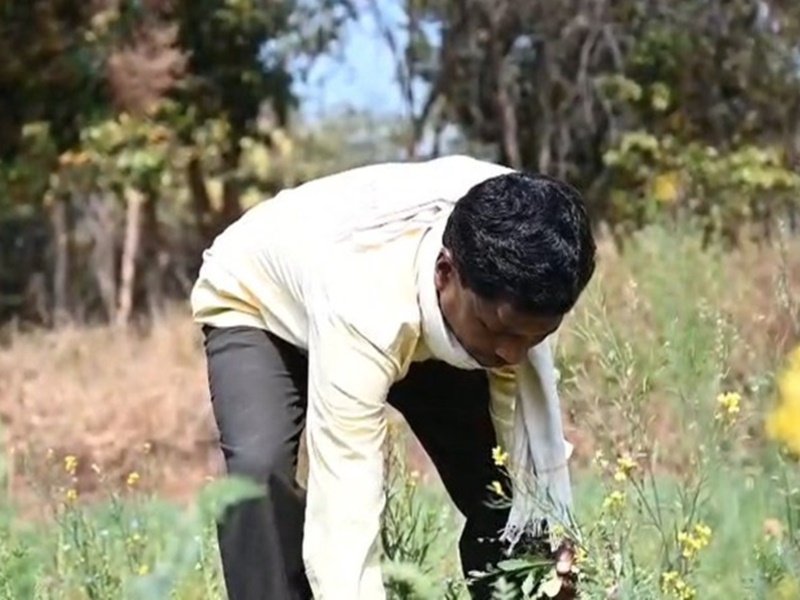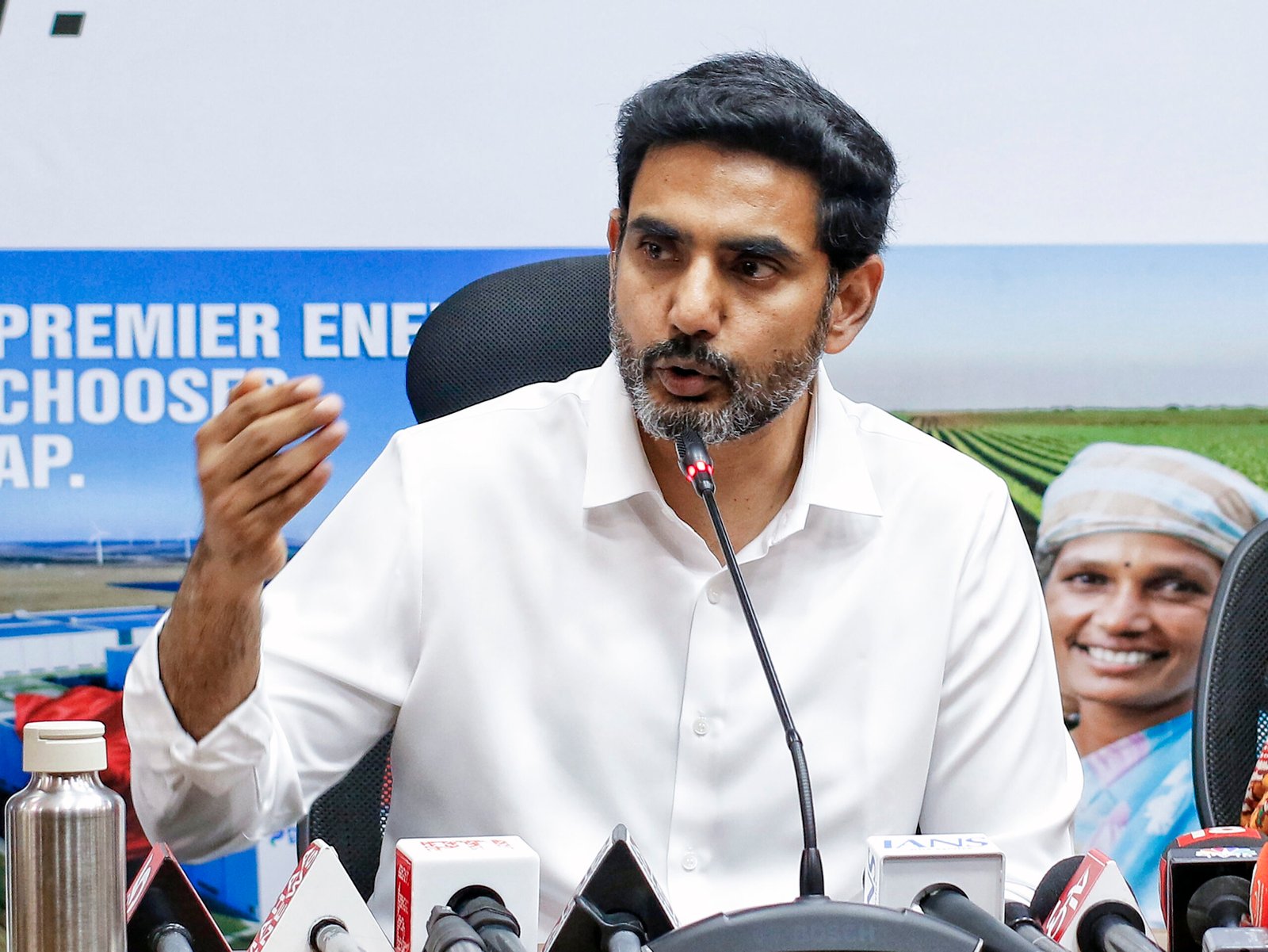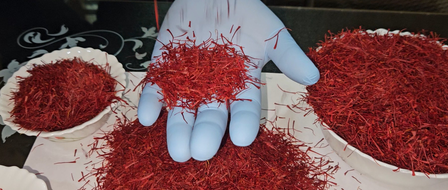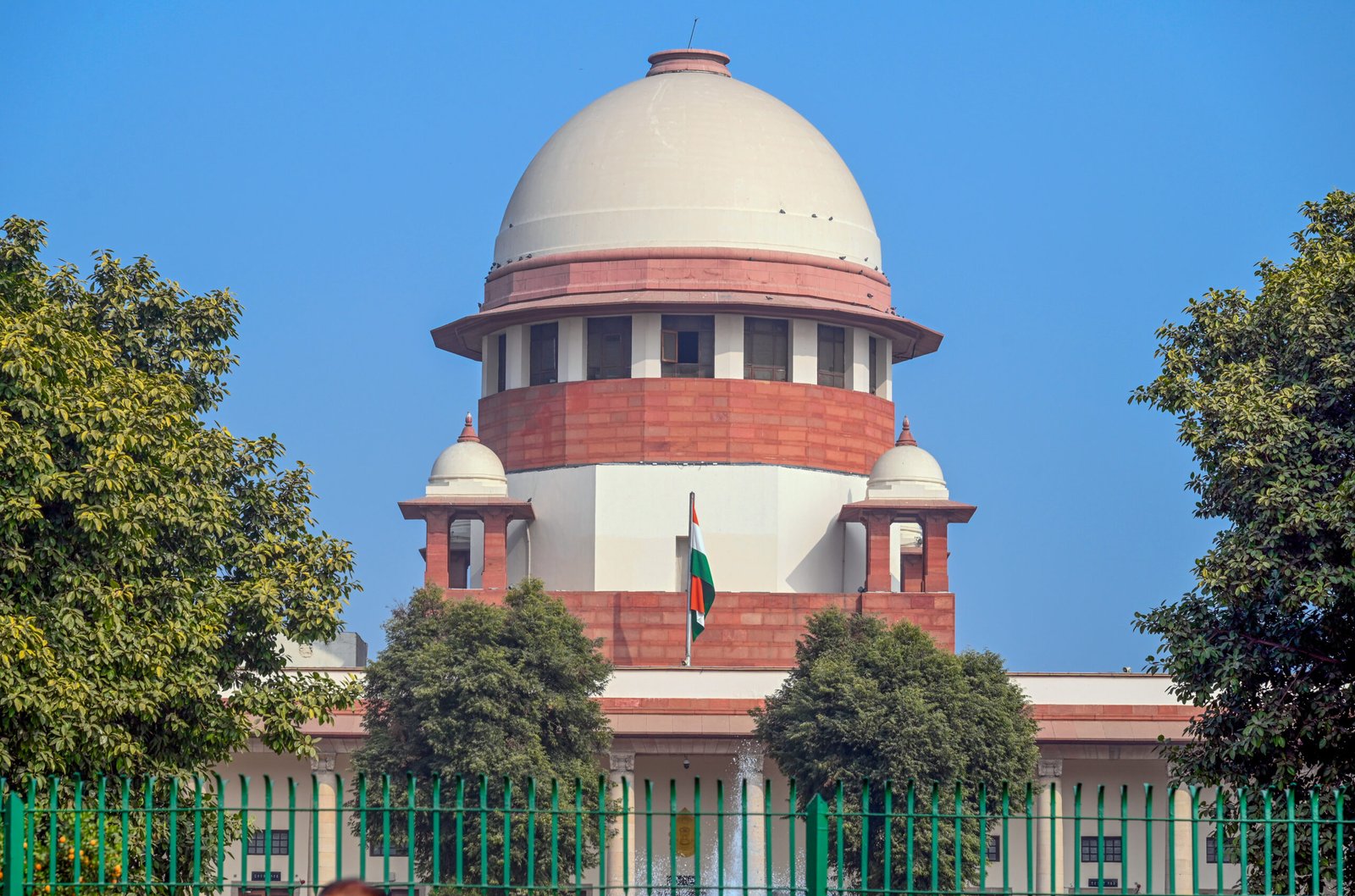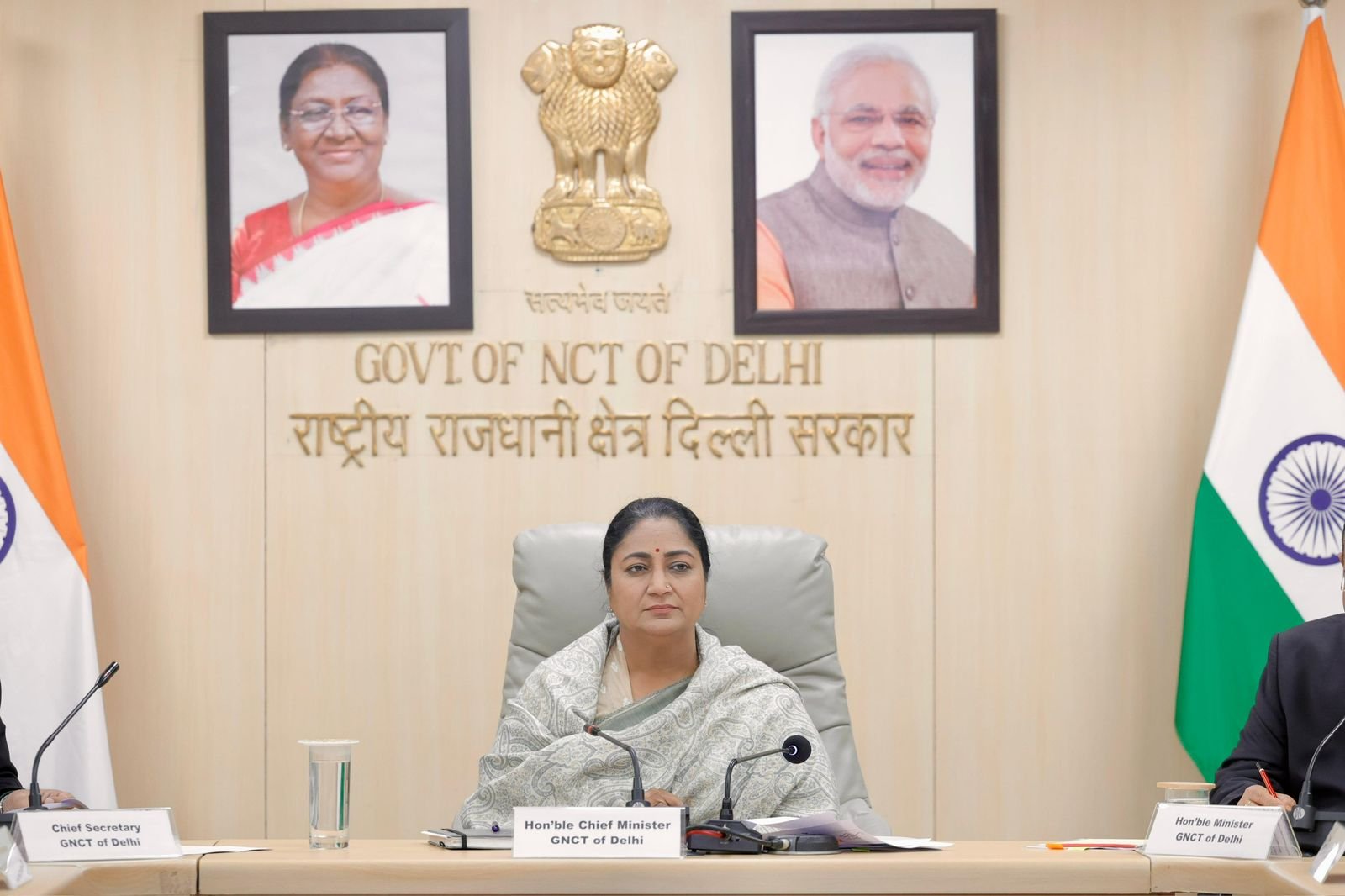NCDC, Kerala Health Department monitoring brain-eating amoeba situation closely: Official sources
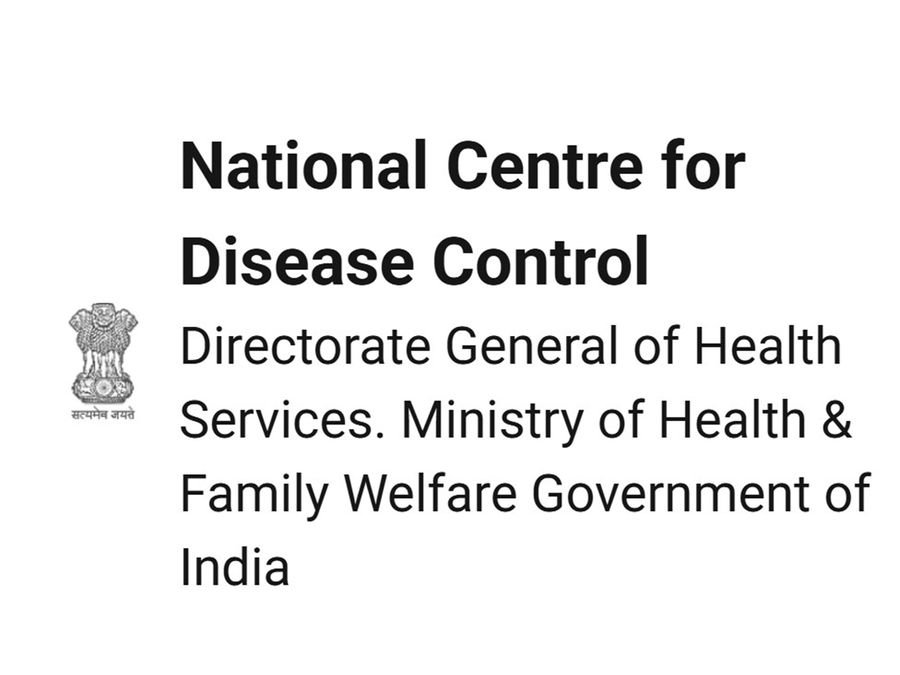
(source : ANI) ( Photo Credit : ani)
Kerala on High Alert Over Brain-Eating Amoeba Infections: 52 Cases Reported This Year
Kerala health officials are sounding the alarm after spotting 52 cases of Primary Amoebic Meningoencephalitis (PAM) this year—a scary brain infection from the Naegleria fowleri amoeba, often called the brain-eating amoeba. This rare bug thrives in warm freshwater and can turn deadly fast, so authorities are ramping up efforts to keep people safe.
The National Centre for Disease Control (NCDC) and Kerala’s Health Department are teaming up to track the outbreak. Cases have hit people from just 3 months old to 91 years, with 33 men and 19 women affected. Many infections popped up in districts like Kozhikode, Malappuram, and Kannur during August and September, leading to several tragic deaths.
This isn’t the first time Kerala has battled PAM. Back in June-July 2024, similar cases surfaced in those same areas. A central team stepped in, and the NCDC issued technical guidelines and a CD Alert. Kerala’s government quickly rolled out prevention and treatment tips to tackle the brain-eating amoeba threat.
Right now, health teams are testing feverish folks in affected spots and running awareness drives to warn communities about freshwater risks. They’ve alerted hospitals like Kozhikode Medical College to watch for symptoms. On the environmental front, officials are pushing for thorough cleaning and chlorination of wells, ponds, and public water sources to stop the amoeba from spreading.
Fever surveys continue in high-risk areas, with samples from spinal fluid, nasal swabs, and water bodies under lab checks. Epidemiological probes are digging deeper into how these PAM cases are linked.
To stay safe from the brain-eating amoeba, experts urge everyone to skip swimming or bathing in ponds, rivers, or stagnant water—especially if it’s warm. Make sure swimming pools and water parks have proper chlorine levels. If you’re near freshwater, use nose clips to block water from entering your nose, the main entry point for Naegleria fowleri. Keep household wells clean and chlorinated, and head to a doctor right away if you notice headaches, fever, stiff neck, or confusion after water exposure—these could signal PAM symptoms.
Good news: PAM doesn’t spread from person to person, so no worries about catching it from someone else. With ongoing vigilance and these smart steps, Kerala aims to curb this dangerous infection and protect families across the state. Stay informed and safe!
Stay informed on all the latest news, real-time breaking news updates, and follow all the important headlines in world News on Latest NewsX. Follow us on social media Facebook, Twitter(X), Gettr and subscribe our Youtube Channel.





